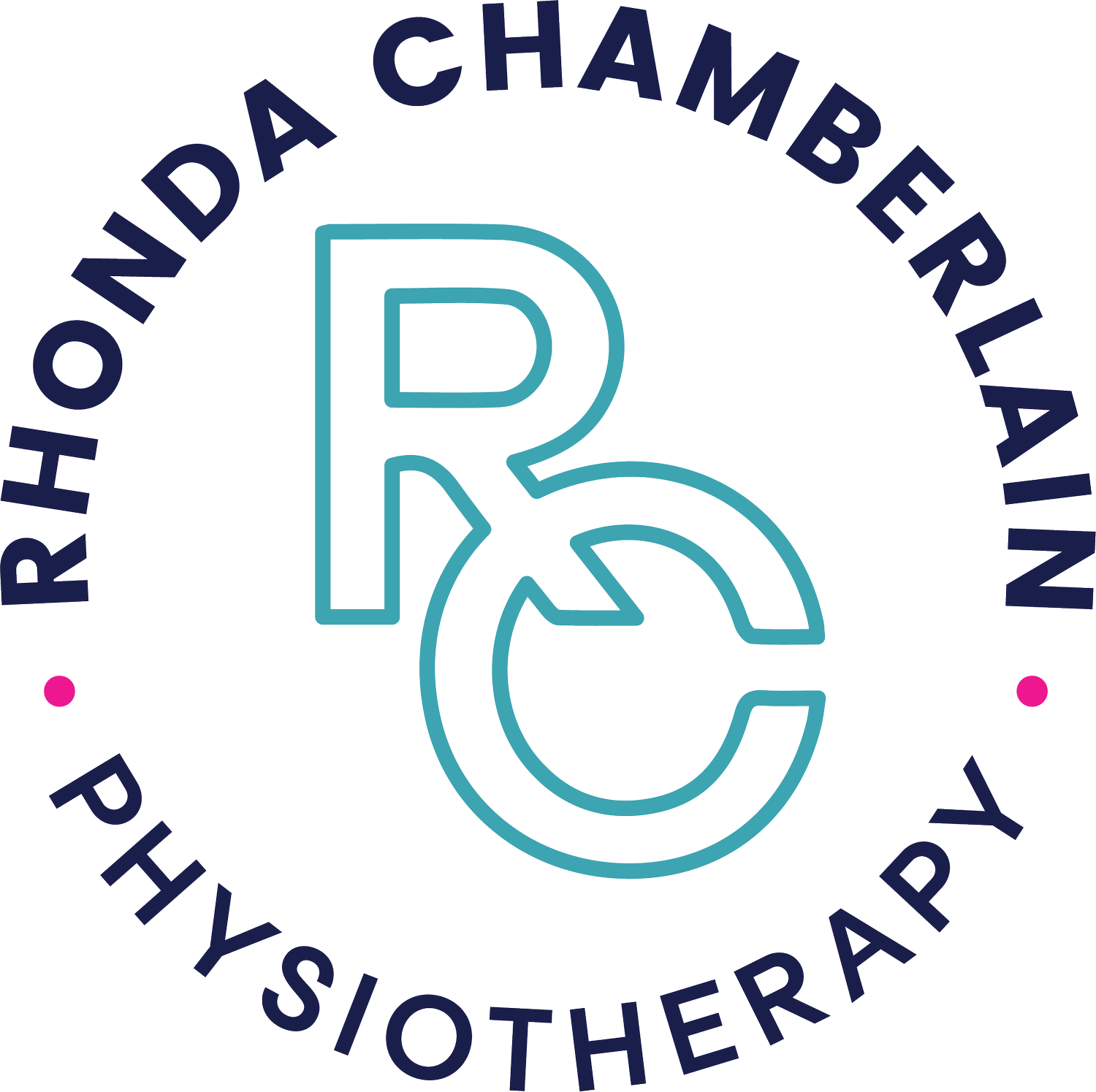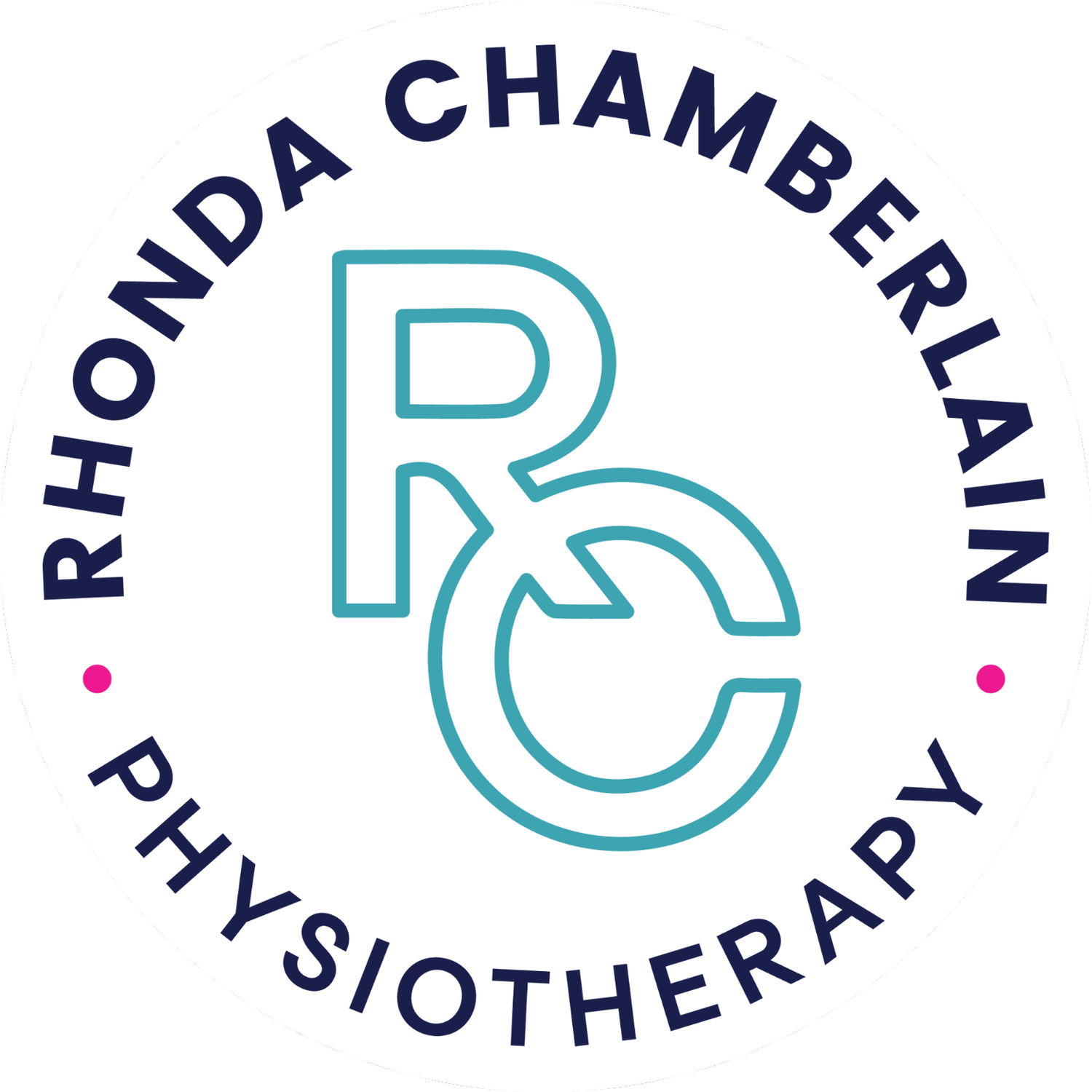My postpartum fitness journey
(CW: disordered eating and talks about weight loss)
At 3.5 years postpartum I signed up for Olympic weightlifting. If you don’t know - Olympic weightlifting is a sport where you train to lift heavy barbells from the ground to overhead (snatch and clean and jerk). It was the part of CrossFit I loved the most, and it’s been SO GREAT to have a sport just for ME again.
Lifting brings me so much joy!
Since starting weightlifting in August 2022, I’ve gained some weight. Yes maybe it’s muscle. But you know what… for the first time in my life I don’t really care to analyze or justify. It just is what it is.
I will also say - I don’t often weigh myself. In fact, I went about the first 1.5 years postpartum after my 2nd daughter not stepping on a scale. My worth was too closely tied to my weight at that time.
Since that time I’ve done a ton of learning and unlearning about fatphobia, the thin ideal and diet culture. And now I’ve truly come to a place of body neutrality where stepping on the scale doesn’t determine how I feel about myself as a human. (And I want my daughters to witness this).
Because I’ve gained weight since starting weightlifting, a former me may have questioned whether this program was “right” for me. And thought - maybe I need to add more cardio, maybe I need to eat less, maybe I’m getting “too bulky”, etc…
Me today - I’m more focused on ALL THE POSITIVES that have come from adding weightlifting into my life. And my additional body weight is just an interesting objective measure.
How do you measure whether a fitness program is “working”?
Truth time: your body might not change when you start a new fitness program. This doesn’t mean it’s not “working”.
The fitness and diet industry have led us to believe that the only reason we should exercise is to shrink or change our bodies. I'm here to call BS on all of that.
It’s not wrong to have weight loss as a goal. But when it's our sole focus, we may miss out on all the other innumerable benefits exercise provides.
Is it weight loss? Body changes? It’s ok if this is you. This was 💯 me for the longest time.
Maybe it’s time to redefine what “working” means to you. If we solely rely on weight loss or body changes as a measure of success, we might end up quitting when those things aren’t happening. But in reality, other crucial health markers are improving. Yet we might not acknowledge them because weight loss has our focus.
These podcast episodes might be of interest to you that touch on these topics:
Episode #18: Diastasis, Hernias, Prolapse and Decolonizing Fitness with Inemesit Graham
Episode #16 - 5 reasons your current exercise routine may not be working for you
Episode #11: Postpartum Fitness and Body Image with Jessie Mundell
“Working” could mean things like:
✓ Improvements in mental health
✓ Better sleep
✓ More energy
✓ Less stiffness
✓ Fewer aches and pain
✓ Improved strength
✓ Better libido
✓ Experiencing more joy and excitement in your life
The list goes on…
Healing your relationship with exercise (and food) takes time. It may require therapy, coaching, curating your IG feed and lots of ups and downs.
But it is possible. And it is SO FREEING.
Where I am at now…
8-months after starting Olympic weightlifting, I decided to sign-up for my very first Olympic weightlifting competition! I’m equal parts terrified and excited.
Because of my history of disordered eating, I was a little nervous about choosing my weight category.
Sure enough, I was right on the cusp between 2 weight categories. If I wanted to compete in the lower weight category, I would have to lose 2kg (everything in weightlifting is measured in kilos, which has been confusing to learn!)
The thought ran through my mind - if I compete in the lighter weight category, but I’m right at the top end, I might have a better chance of winning. But the thought of trying to intentionally lose weight after almost 4 years of improving my relationship with food, my body and exercise scared me a little.
I’m thankful to have a great coach…
I reached out to my coach for advice. I was so thankful for his tactful response. First he asked me if I had a history of disordered eating. Second he recommended that because it was my first competition, he suggested NOT trying to lose weight. He mentioned that weightlifting (although trying to be inclusive of all body sizes), can stir up disordered eating behaviours when people try to fit into smaller categories.
I sat with his response, and sat with my feelings for a few days. I was still considering what it would take to lose 2kg. I thought to myself 4lbs isn’t THAT much right?
The next few days I caught myself falling into old behaviours and thought patterns. I started weighing myself each morning (which I hadn’t done in YEARS). I started thinking about what I could “cut out” of my daily eating routine. I started thinking maybe I’ll just go for longer walks everyday.
2-3 days went by this way when all of a sudden I woke up one morning with such clarity. I decided - NO. I will not do this to myself. Even if it’s “just” 4lbs. It isn’t worth undoing all the hard work I’ve done to get where I am today.
That day I signed up for the larger weight category.
I felt so at peace with this decision. And it served as a reminder that regardless of how much work we do to improve our relationship with food, our bodies and exercise, we may never be fully “healed”. We can still fall into old habits that are so ingrained. Especially when we live in a world where diet culture still runs rampant.
I’m proud of myself for working through this challenging situation and choosing ME and my mental health in the end. This is definitely something to celebrate.
Boundaries in my business
Because of my history with disordered eating, I have a boundary in my business NOT to sell intentional weight loss.
I will also never weigh or measure my clients. Or use their body size as a measure of progress to assess whether my fitness programs were “working”.
This is also why I will NEVER use before and after pictures in my marketing material. I will also NEVER use MY body as a billboard for my business.
You can read more about my story and why I set this boundary in this blog post.
Important Note:
I acknowledge my thin privilege in this conversation. It can be so much harder to make these decisions for those in larger bodies that have insurmountable pressure from society, the medical community, family/ friends to lose weight.
My hope is one day we live in a world where body size isn’t our primary measure of someone’s health and worth.
Ps - if you're in a space to take a deep dive into unlearning diet culture and improving your relationship with your body, I HIGHLY recommend Chrissy King's book The Body Liberation Project. I finished it yesterday and I already want to read it again.
Thank you so much for being here!
Reach out to me if you ever want to chat!
About the Author
Rhonda Chamberlain (PT) is a mom to 2 girls, physiotherapist and postpartum fitness coach.
She helps busy moms return to exercise with realistic, sustainable fitness plans that they can FINALLY stick with!
She has been practicing as a physiotherapist since 2010. She started her own virtual physiotherapy and fitness coaching business in May 2020 with a focus on postpartum women.
She attained her Pregnancy and Postpartum Athleticism (P&PA) Coach Certificate in March 2020 and she has continued to learn and expand into this specialty since.
Her mission is to help busy moms return to exercise feeling supported and encouraged. She can help you to ditch the all-or-nothing mindset and show you that it is possible to fit exercise into your busy #momlife!




